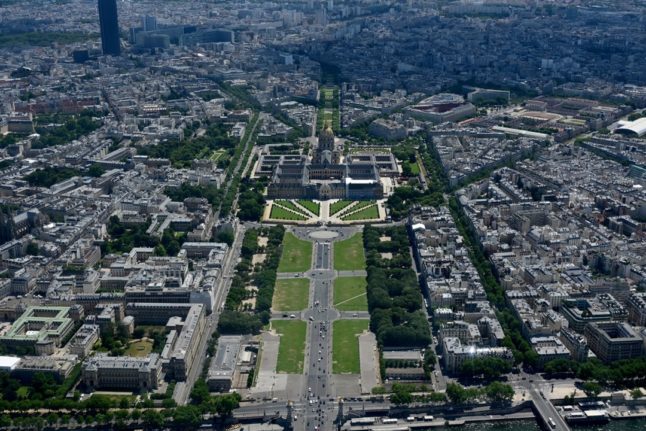The international team of scientists has compared the genetic activity in six organs in nine species of mammals, shedding light on the genetic origins of the evolution of mammals and measuring for the first time the speeds at which different organs evolve.
“It is shocking to see that even though a person is much bigger than a duck-billed platypus, the brain genetic activity is comparable,” professor Henrik Kaessmann who leader of the research, said to the La Tribune de Genève daily.
The conclusion can be explained by the fact that the brain is involved in many vital functions of the body, therefore leaving little room for changes.
Testicles, on the other hand, undergo changes much quicker which, according to the researchers, is due to a strong natural selection pressure and a high competition between males.
The team of scientists compared genetic activity in brain, cerebellum, heart, kidney, liver and testicles in mice, monkeys, humans, chimpanzees, gorillas, orangutans, bonobos (a kind of big ape), opossum (one of the largest orders of marsupials) and platypus.
The conclusions of the research, published in Nature magazine, are the result of two and a half years of work, 43 billions pieces of DNA analysed, and three million hours of computer calculations each month, by the group working at the Centre for Integrative Genomics of the University of Lausanne and the Swiss Institute of Bioinformatics.
“The scale of the investigations is unprecedented,” Anamaria Necsulea told the newspaper.
Results show that the same organ in different species varies less than the organs of the same species. That is to say, for example, that the human brain resembles more that of the platypus than to the kidneys or liver.
The analysis allows the scientific team in Lausanne to confirm that the differentiation of organs took place before the separation of species, said Kaesmann.
“The activity of a specific gene determines the function of the organ and then the specific properties of each species,” Kaesmann said. “Each species has had the time to adapt to its environment and to develop its specific functions.”


 Please whitelist us to continue reading.
Please whitelist us to continue reading.
Member comments